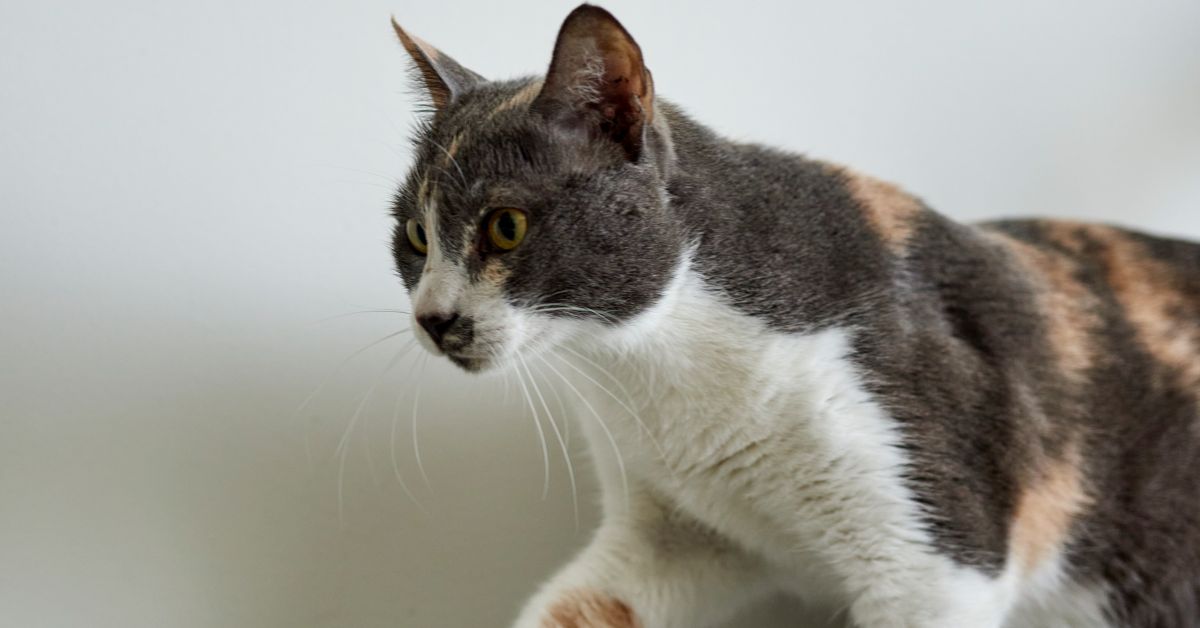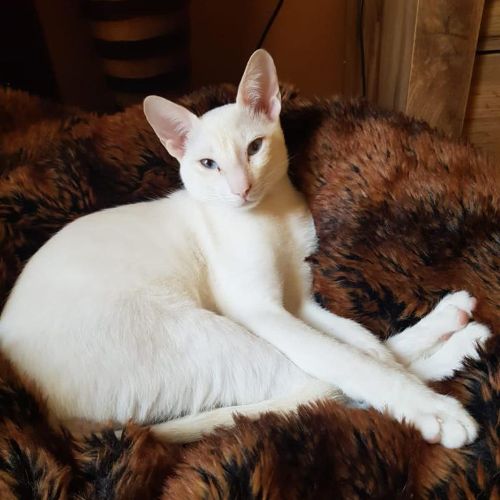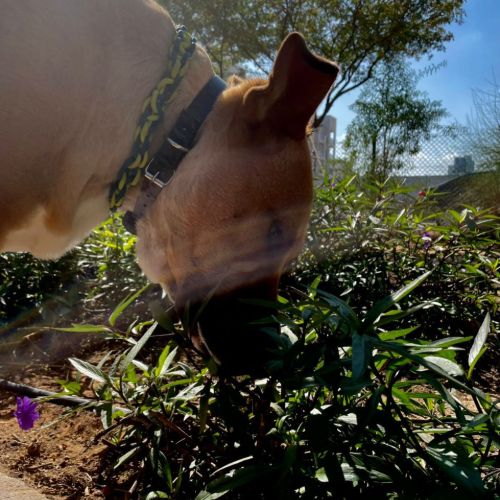
21 February 2025
|PetBae
Why Do Cats Sniff and Lick Earwax?
Cats are naturally curious and meticulous groomers. If you’ve ever caught your feline friend sniffing or licking earwax—whether yours or another pet’s—you might be wondering what’s behind this quirky habit. PetBae’s expert cat sitters and cat boarders have seen it all, and here’s what they say about why cats are drawn to earwax.
1. Cats Are Attracted to the Scent
Cats have an incredible sense of smell, far superior to humans. Earwax contains proteins and fatty acids from sweat, which produce a strong scent that intrigues them.
According to feline behavior specialists, these components can mimic the smell of prey, triggering a cat’s natural instincts. Our PetBae sitters often notice cats sniffing at their owners’ ears or grooming each other’s ears, reinforcing the idea that scent plays a big role in this behavior.
2. Cats Like the Taste
It may seem unappealing to humans, but earwax has a salty, fatty taste that cats naturally find enjoyable. This is similar to how cats are drawn to savory, protein-rich foods. Some of our PetBae pet sitters report that especially playful kittens may get extra curious about earwax as they explore new textures and flavors.
3. Grooming Instincts and Social Bonding
Licking and grooming are fundamental ways that cats bond with each other and their humans. When a cat licks another cat’s ears, it’s a sign of trust and affection. The same can apply when they lick their pet sitter or cat boarder’s ears—it’s their way of saying they feel safe and comfortable.
However, excessive licking could indicate that a cat is trying to clean another feline’s ears due to an ear infection. If your PetBae cat sitter notices persistent licking between cats, it may be worth a vet check-up.
Is It Safe for Cats to Lick Earwax?
In general, occasional licking of earwax is harmless. However, there are some concerns to keep in mind:
- If a cat is obsessively licking another cat’s ears, it could be a sign of an underlying ear infection.
- If they are frequently digging through trash for used Q-tips or cotton swabs, it’s best to secure your garbage can with a lid.
- Human ears can be sensitive, and excessive licking may cause irritation.
If you notice unusual or obsessive behavior, a PetBae cat sitter can help monitor your cat while you’re away and alert you to any changes.
How to Prevent Cats from Eating Earwax
If your cat has developed a habit of licking ears or hunting for earwax, here are some ways to redirect their attention:
- Provide Enrichment: Keep your cat mentally stimulated with interactive toys, puzzle feeders, and play sessions.
- Encourage Other Grooming Outlets: Brush your cat regularly to fulfill their grooming instincts in a healthy way.
- Use Positive Reinforcement: Reward your cat with praise or treats when they engage in appropriate behaviors.
- Secure Your Trash: Store used Q-tips and earplugs in a lidded trash can to keep them out of reach.
Final Thoughts
Cats are fascinating creatures with unique behaviors, and their interest in earwax is just another quirk that makes them special. Whether you need a trusted cat sitter or a home-based cat boarding solution, PetBae’s experienced caregivers can help keep your feline friend happy, safe, and engaged.
Looking for a reliable pet sitter for your cat? Find a trusted cat boarding or sitting service today with PetBae!










